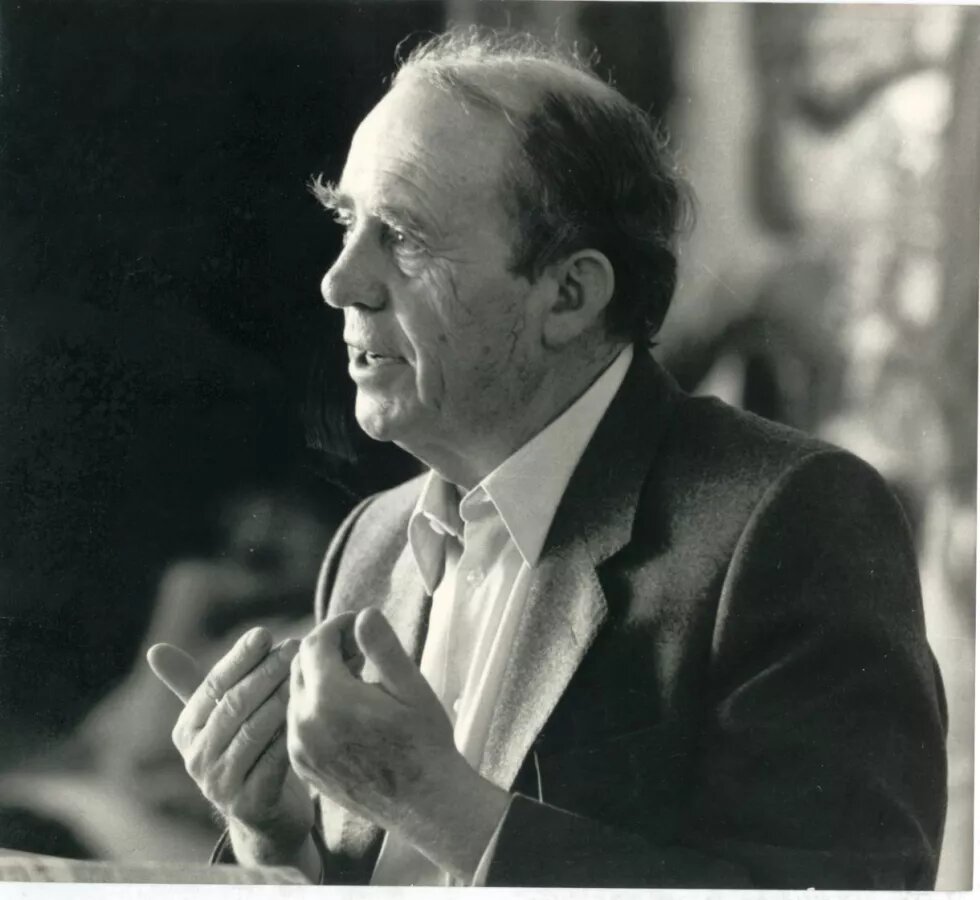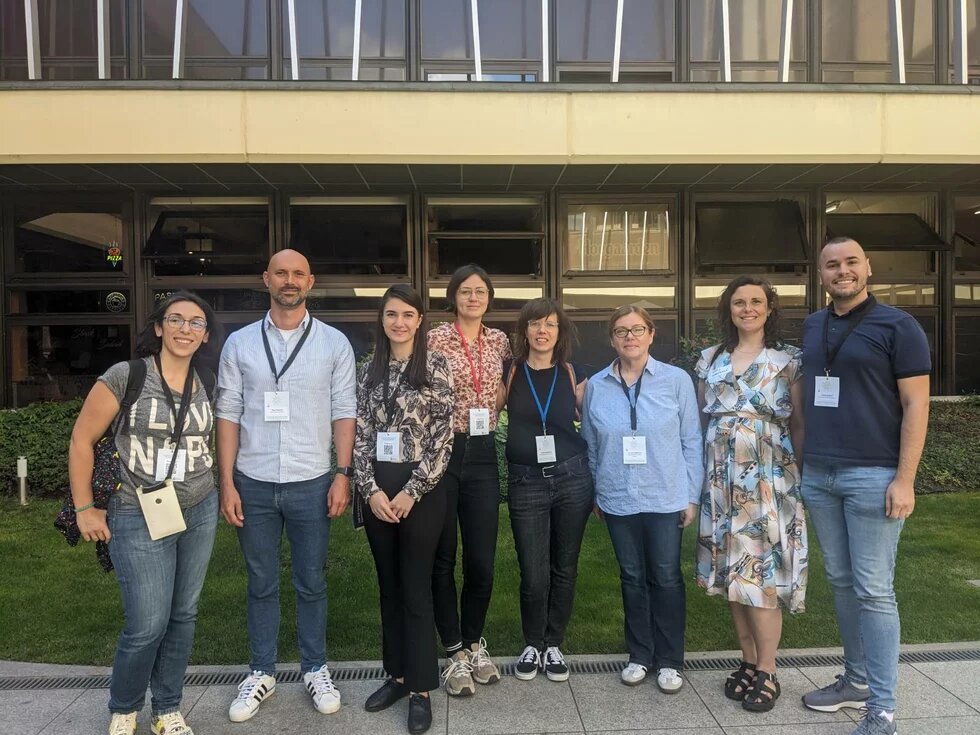
The citizens' energy or energy democracy movement is inspired by the vision of a socially just energy transition and has been growing for years all over Europe. Pioneering energy coops and communities, citizens’ collectives and wider partnerships lead the movement while supportive institutions inspired by the same vision continue to play a catalytic role in its development. What is the role of the Heinrich Boell Foundation Offices as a support organisation within the movement? Below you can find 4 key-facts to help your understanding around the Foundation, its role and ways to support community energy initiatives grow.
1. Heinrich Boell Foundation: who we are
The Heinrich Böll Stiftung (HBS) is an international political organisation affiliated to the German Green Party (Alliance 90/Greens), while retaining economic and administrative independence from the party. HBS is a think tank for green visions and projects that is based in Berlin, with a network of offices in 34 countries and active in around 60 regions of the world.
The Foundation is named after the great German writer and Nobel Prize winner Heinrich Böll (1917-1985), who was a model of active citizenship and intellectual, embodying values that are pillars of the Foundation: the defense of freedom and all human rights, social courage, tolerance, public intervention and open debate. Heinrich Böll's encouragement of civil society interference in politics is a model for the work of the foundation. Its primary task is political education in Germany and abroad to promote the democratic will, the socio-political commitment and international understanding. It is guided by the basic political values of ecology, democracy, solidarity, and nonviolence. The foundation is particularly interested in the realization of a democratic immigration society as well as gender democracy as a relationship of the sexes that is free of dependence and domination. In addition, the Foundation promotes art and culture as an element of its political educational work and as an expression of social self-understanding.
The Heinrich Böll Foundation grants scholarships to approximately 1500 undergraduates, graduates, and doctoral students of all subjects and nationalities per year, who are pursuing their degree at universities, universities of applied sciences (‘Fachhochschulen’), or universities of the arts (‘Kunst-/Musikhochschulen’).
The Heinrich Boell Foundation is funded by the German Ministry of Foreign Affairs (AA) and/or the Federal Ministry for Economic Cooperation and Development (BMZ).
2. Energy democracy and the Foundation
The citizens' energy or energy democracy movement is inspired by the vision of a socially just energy transition and has been growing for years all over Europe. The aim of the movement is not only a transition from a centralised fossil fuel-based energy model to a more decentralised low-carbon energy model, but also the democratisation of the system. That is, shifting power from a small number of monopoly energy companies to citizens and local communities actively involved in the energy sector. Pioneering energy coops and communities, citizens’ collectives and wider partnerships lead the energy democracy movement, taking different legal forms depending on the national contexts. Supportive institutions, like the Foundation, inspired by the same vision continue to play a catalytic role in its development.
As of 2022, a dynamic thematic network of HBS Offices that have been already active in the field of community energy has been established and growing, consisting currently of seven Offices. Due to our role as political foundations, we aim to build a political case for energy collectives highlighting their unique characteristics and social benefits they bring thus supporting their development and central role within an energy transition that is democratic, socially just and gender responsive.
Up to date, the HBS Energy Democracy network consists of the following:
• Belgrade Office, responsible for activities in Serbia, Montenegro, Kosovo
• Brussels Office, European Union
• Prague Office, manages projects in the Czech Republic, Slovakia, and Hungary
• Sarajevo Office, coordinates activities in Bosnia and Herzegovina, North Macedonia
• Thessaloniki Office, Greece
• Tirana Office, Albania
• Warsaw Office, Poland
3. Type/examples of support
Offices within the HBS Energy Democracy network provide support to energy collectives, relevant support organisations and networks, independently or jointly, through awareness raising, capacity building, networking activities and production of communication material and advocacy tools (e.g. reports). In addition, support is provided in kind, for example through the provision of a meeting room free of charge. Luckily, these type of activities meet some of the needs of energy collectives at the startup phase, like traveling for networking reasons, acquiring knowledge etc. These costs, although small in scale, are difficult to find (e.g. through borrowing) as this phase is very early and cannot provide guarantees for the success of the project.
Lastly, other groups (e.g. municipalities, school communities, policy makers) may be targeted by HBS activities, thus increasing their familiarity with community energy initiatives which in return facilitates partnerships and other synergies with stakeholders from the wider community, policy bodies etc.
Below you can find an indicative list of examples:
4. How to connect
If you are interested or involved in a community energy initiative and would like to share a project proposal with us please reach out to the respective person listed below. Bear in mind, that the work processes of each Office may differ, however for the most part we aspire a high level of involvement in the projects we support and promote wider partnerships as a way to ensure high quality and peer to peer learning.
|
HBS Office |
Country focus |
Contact person |
|
|
Serbia Montenegro Kosovo |
Tibor.Moldvai[@]rs.boell.org |
||
|
European Union |
Joerg.Muehlenhoff[@]eu.boell.org |
||
|
Czech Republic Slovakia Hungary |
Klara.Pleskacova[@]cz.boell.org |
||
|
Bosnia and Herzegovina North Macedonia |
Jasminka.Bjelavac[@]ba.boell.org |
||
|
Greece |
Kyriaki.Metaxa[@]gr.boell.org |
||
|
Albania |
Tea.Zeqaj[@]al.boell.org |
||
|
Poland |
Beata.Cymerman[@]pl.boell.org |
You could also browse through our websites and follow us on social media/newsletter to have a better idea of our activities and possibly participate in one that falls under your interests!
